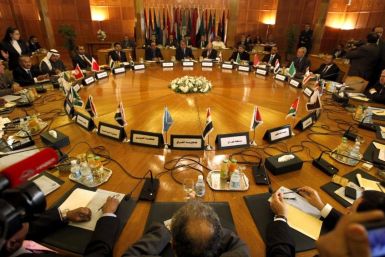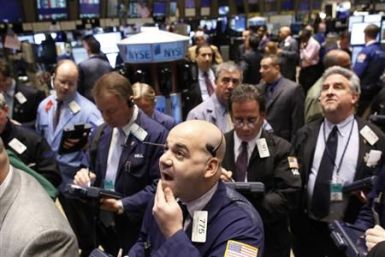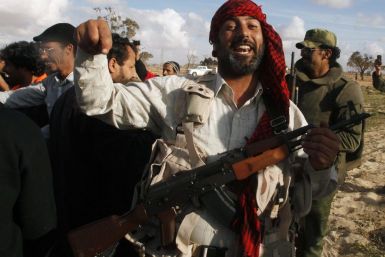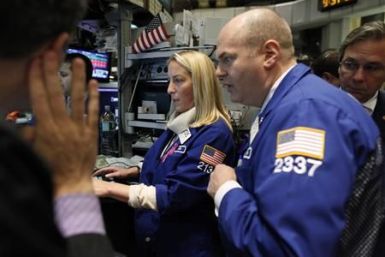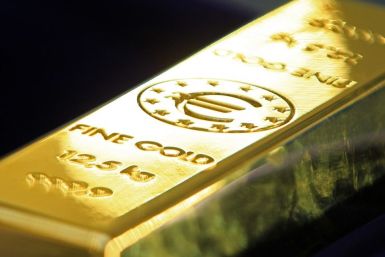Chinese oil demand rose more than 10 percent year-on-year in February to reach the second strongest demand level on record, as refineries scampered to pile up supplies in view of the upcoming peak demand season and adverse weather conditions.
Brent crude was steady near $116 after rising as much as 0.6 percent on Wednesday as intensifying unrest in Yemen highlighted the security risks facing oil output from the Arabian peninsula, home to the world's biggest oil fields.
The Japanese government estimates material damage from a deadly earthquake and tsunami that struck the country's northeast this month at 15-25 trillion yen ($185-308 billion), making it the costliest ever natural disaster, the Nikkei newspaper reported on Wednesday.
Despite military air strikes by western powers against his strategic targets, Libyan leader, Col Moammar Gaddafi, appeared on state television at a site in Tripoli which was recently demolished, and vowed he would emerge triumphant in this bloody battle
Prime Minister Vladimir Putin has shrugged off reports that he and President Dmitry Medvedev are split over Russian policy in Libya.
There is a clear sense of calm returning to the financial markets after the horrific earthquake in Japan and the leveling of the playing field in Libya. Though the damage associated with Japan’s earthquake is clearly immense, its economic impact will mostly be localized.
Days into foreign military assaults on Libya, the Arab League has maintained support of a U.N. resolution authorizing the establishment of a no-fly zone over the country.
US stocks edge down as turmoil in the Middle East continues to rage on.
One of Moammar Gaddafi’s sons has reportedly been killed by a “kamikaze” Libyan air force pilot. Khamis Gaddafi, 32, a brigade commander, was reportedly blown up when a jet flown by a rebel airman crashed into a military compound in Tripoli Tuesday night.
US stock slipped on the continued unrest in the Middle East and escalating tensions in Yemen.
Currently, crude oil prices are trading around $105 per barrel. Eugen Weinberg of Commerzbank estimates that $20 to $25 of it reflect fears of unrest in the Middle East.
A chorus of voices from government officials around the world have condemned (or at least questioned) the decision by a handful of western countries (in tandem with some Arab allies) to launch air strikes on military targets in Libya.
Stocks edged lower on Tuesday following three days of gains, but the recent rally has investors feeling less edgy about crises in Japan and Libya, and should help keep losses in check.
U.S. stocks edged lower on Tuesday following three days of gains, but further losses may be limited as investors have adapted to a defensive strategy.
Despite bombardments on Libyan military by western and other foreign military aircraft, fighting on the ground between forces loyal to and against Moammar Gaddafi continue unabated.
Americans who are opposed to the U.S. participating in air strikes against Libya have held small (and thus far peaceful) demonstrations across the country, although there doesn’t appear to be a large national movement against the action yet.
Wall Street was little changed on Tuesday as fighting in Libya and chances of a interest hike in Europe kept investors from making new bets on stocks.
US stocks wavered between small gains and losses in early trade on Tuesday as investors watched with caution geopolitical developments in Japan and Libya.
Oil prices eased on Tuesday, with Brent hovering below $115 on an anticipated slowdown in Western air strikes on Libya
U.S. stock index futures were little changed on Tuesday as fighting in Libya, resolving Japan's crisis and the chances for a European interest rate hike next month kept investors jittery.
The Euro price of Gold Bullion today slipped back to last week's finish just below €32,000 per kilo - reversing Monday's 1.0% rise - as the single currency hit new 6-month highs to the Dollar above $1.4240.
The military strikes in Libya is costing the British taxpayer about £3 million a day, according to UK defense experts.













